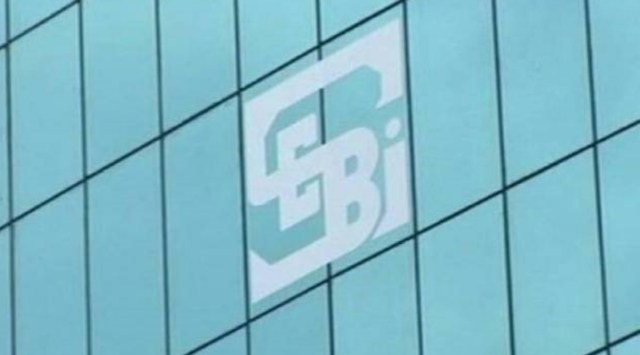Large companies get flexibility in raising debt funds
The regulator in its board meeting held on Thursday announced a set of measures to provide flexibility to the existing LC framework. It had issued a consultation paper in August this year on ‘Review of framework for borrowings by Large Corporates’.
 The regulator had earlier asked the Investment Advisors to comply with the enhanced qualification and experience requirements by September 30, 2023.
The regulator had earlier asked the Investment Advisors to comply with the enhanced qualification and experience requirements by September 30, 2023.
Markets regulator Securities and Exchange Board of India (SEBI) Thursday approved a proposal to provide flexibility in the framework for large corporates (LCs) for meeting their incremental financing needs through issuance of debt securities.
The regulator in its board meeting held on Thursday announced a set of measures to provide flexibility to the existing LC framework. It had issued a consultation paper in August this year on ‘Review of framework for borrowings by Large Corporates’.
“A higher monetary threshold has been specified for defining LCs, thereby reducing the number of entities qualifying as LCs,” SEBI said.
The current threshold for the criteria of outstanding long-term borrowings for the purpose of identifying any entity as LC is Rs 100 crore or above. SEBI, in the consultation paper, had proposed the threshold to be increased to Rs 500 crore or above.
The SEBI board removed the penalty on LCs that are not able to raise a certain percentage of incremental borrowing from the debt market.
The current norms say large companies should borrow 25 per cent of their incremental borrowing by way of issuance of debt securities. In case of non-compliance, a monetary penalty or fine of 0.2 per cent of the shortfall in the borrowed amount is levied.
Besides, the regulator also introduced incentives and moderated disincentives for issuing debt securities to meet the funding needs.
With the view to facilitate ease of compliance and ease of doing business, the SEBI board also decided to retain the requirement that compliance with the framework will be met over a contiguous block of three years.
The SEBI board also streamlined the framework for credit of unclaimed amounts of investors in listed entities other than companies, REITS (Real Estate Investment Trusts) and InvITs (Infrastructure Investment Trust) to the Investor Protection and Education Fund (IPEF) and process of refund from the IPEF.
It said investors can approach the debt listed entity/ REIT/ InvIT to claim their unclaimed amounts, thereby ensuring minimal disruptions in the claim process.
The markets regulator also extended the timeline for compliance with enhanced qualification and experience requirements for Investment Advisers.
“Based on representations received from various stakeholders and in view of the emerging landscape of the domain of investment advice, it has been decided to allow time up to September 30, 2025 to comply with these requirements,” SEBI said.
The regulator had earlier asked the Investment Advisors to comply with the enhanced qualification and experience requirements by September 30, 2023.


- 01
- 02
- 03
- 04
- 05





























